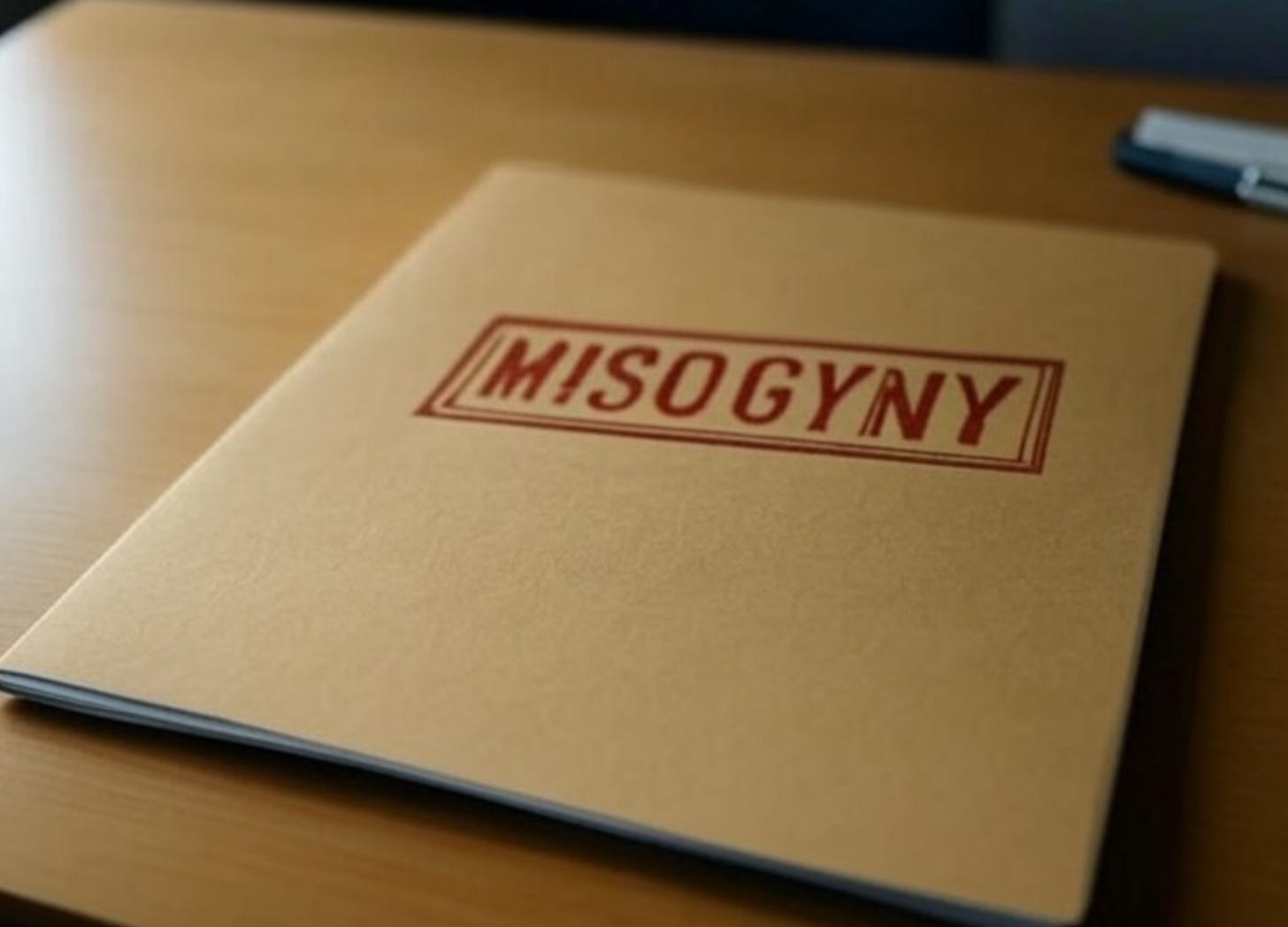The following essay was originally published as a paid post on J.D. Haltigan’s The Multilevel Mailer on February 4, 2025.
The very first time that my hat flooded with water, I was at around a hundred feet. I was a new diver and was wearing a KM-37 (a fiberglass helmet painted yum-yum yellow with the words U.S. NAVY written across it) that was filling up fast. Despite my rising panic, I managed to do what they had taught me, crack a valve called the steady-flow and tilt my head down and to the right. A torrent of air ripped into my helmet to do battle with the inflooding water, making a sound that made me feel as if my head had been stuffed inside one of those Dyson hand dryers that drip in the corners of airport bathrooms.
I tried to talk to topside, but the combination of the screaming air and the seawater covering my nose and mouth rendered any attempt at words unintelligible. I shoved frantically at the flap of neoprene that had inverted at the back of my neck, which was still bubbling with incoming water. Then, the bubbling stopped. With my last bit of air, I blew hard, hoping to clear enough of the water that I could breathe, and—when I finally stood up on the bottom of the sea floor—I took a ragged breath. When the rest of the water was purged from my helmet, I secured the steady-flow and sat down on the sandy ground, grateful to be alive.
When one of my graduate professors asked the class if anyone had any close calls that had stuck with them, I raised my hand and told that story. The responses from my classmates, however compassionate, confused me. People told me that they were sorry I had to go through that and “Wow, that must have been traumatic”—but it wasn’t traumatic at all. It was badass. Sure, it was intense and damned stressful. It was one of a handful of times in my life when I was almost certain I wasn’t going to make it out of a situation, but it wasn’t trauma.
This was perhaps the first time that I realized the extent to which I wasn’t a natural fit for the field of psychotherapy. Since then, I’ve further realized just how soft-headed fields like psychology, psychotherapy, and education have become as a result of an overly soft-hearted approach to life. I began to believe that—concerning the ever-increasing psychological frailty, mental illness, and dependent adults in our culture—we may have stumbled into an industry equivalent of the old horror trope of a call coming from inside the house. It’s never a good thing when any institution becomes temperamentally imbalanced—but this is especially true concerning the fields that define what is and isn’t mental wellness, normative psychological development, and human nature itself.
UNCOMFORTABLE TRUTHS:
Have a seat because what I’m about to say might come as a bit of a shock. It shouldn’t, but that’s just where we are as a culture. Are you ready? Here goes: Men and women are different—in important ways that actually matter. I can hear the rad-fems now white-knuckling their keyboards and warming up their dedicated screeching circuits. I can feel the earth shifting beneath my feet as the founders of the gender studies degree roll in their graves. We’ve entered such a state of sex difference denialism as a culture that generalizable population-level differences between men and women are damn near heresy. That’s a recent development for the human species, but it’s one that makes sense—if you think about it.
In undergrad, I steered my education towards trait theories of personality and sex differences every chance I got. That’s because something felt off. The field felt [looksaround] quite feminine, but saying this raises the hackles of most modern women within a two-mile radius, or at a bare minimum lets people file away my complaints under “not worthy of contending with” with the pejorative “MYSOGYNY” red-stamped across the front. So, I wanted to know the truth.
The truth is this: psychology has technically become a more feminine field than it ever has been. Moreover, the impact of the field being out of sorts with regard to temperamental differences (such as trait agreeableness and trait neuroticism) that seem biologically mediated is serious and of society-rocking levels of importance. Combine that with an overly psychologized populace (no, Stephanie, not EVERYONE needs to go to therapy) as well as the many other fields that have become obsessed with mental health (e.g., education, HR, advertising, etc.) and you end up with what we have today: rampant mental unwellness and a social fabric that’s both splitting and crumbling in its polarization.
Now, no self-respecting thinker could lay all of this at the feet of any one set of bad ideas. There are simply too many ways in which our culture has been primed for ruin (e.g., unhealthy living, technological advances beyond our Wilsonian capacity to cope, the breakdown of religion and community, etc.). This is something that we don’t necessarily get to the bottom of, but examining the change in demography coupled with durable sex differences seems like a sensible enough place to start.
AGREE TO DISAGREE:
Agreeable people are great. There is no shortage of good and necessary things associated with those high in trait agreeableness in the five-factor model of personality (as I’ve written about at length in SOCIETY IS A ROWBOAT). They’re communal, compassionate, and constantly thinking of others in relational terms and advocating for fairness. This is good and necessary, however, if allowed to become the dominant force within a field or culture, things go sideways fast.
Disagreeable people are great, too. Well, that may be a harder sell these days but regardless of how you feel about them, they’re at least necessary. They’re aggressive, competitive, skeptical of the intentions of others, and low in empathy. Disagreeable people are blunt and don’t mince their words for the sake of your emotions. As a result, a bias against them in any field disproportionately dominated by huge swathes of agreeable people is understandable. Just because it’s understandable, however, doesn’t mean it’s a good thing.
An idea that occurred to me after I had been studying personality psychology for some time. You see, my wife is extremely high in trait agreeableness and I’m extremely low. Early on in our relationship, as is the case with many new marriages, I struggled to make sense of her observations and interpretations beyond the fact that she was just wrong. That’s in part because her views weren't just different than mine—they were often the complete opposite.
As we age there are certainly some personality changes that occur naturally, but along the way, there are also opportunities to expand your capacity beyond the default reflexes of your own temperament—if you can find insight and sufficient motivation. I care about my wife, deeply. She’s stuck with me and gone through multiple rings of hell during my time in the service and then afterward when I couldn’t manage to walk downstairs without my legs shaking like a nervous chihuahua on top of a quarter bed. When you care about someone as much as we both care about one another, you naturally want to find a way to see things through their eyes. The result is a cross-training of your temperament.
Introverts aren’t necessarily socially unskilled. I’ve met introverts who are considerably more socially sophisticated than many of the extroverts I’ve known (oddly enough it has been agreeable introverts but that’s unrelated). All of that to say, if you’re aware of the views, behaviors, and reactions your temperament predisposes you to, you can learn to leverage your strengths while compensating for your weaknesses. This language alone is rarely permissible in psychotherapeutic circles today, so far ingrained have the notions of “focusing on client strengths” and a “judgment-free approach” become. You wouldn’t want reality to hurt someone’s feelings, after all. Now does that sound like a more agreeable or disagreeable stance?
A FISH OUT OF WATER:
Two scientists developed a device that allowed them to speak to fish. They put it into the ocean and sat almost all afternoon until, finally, some nearby fish approached close enough to the thing’s microphone-speaker to be in range. Not knowing what to say to a fish (who amongst us would), they defaulted to small talk. “How’s the water?” one of them said, straining over the side of the dock with the boom and pressing the headphones hard to his ear.
The fish looked at him, puzzled, and said, “What’s water?” Then, he swam away, shaking his head and mumbling something about deranged sky gods.
All joking aside, this is the effect that every person experiences when they are immersed in an environment that is too similar to their default settings. It happened to me in the community that I belonged to in the military, whereby the men were tough-minded, competitive, and endlessly haranguing each other like aggressive chest-poking chimps. It happens to an agreeable person when they enter into a career or discipline that defaults to compassion and caring (e.g., psychology, psychotherapy, education, etc.)—and that’s fine. Until it isn’t.
This doesn’t necessarily have to lead to a problem. Sometimes, as with combat-centered communities and various types of high-risk special programs, it may be necessary to have a temperamental silo of sorts. However, we wouldn’t want warfighters and bomb techs reconfiguring all of society’s views on what is and isn’t normal human nature. So, why would we permit this from agreeable people?
You don’t have to look very hard to see the many ways in which an agreeable bias has entered the K-12 public school systems, institutions of higher education, and the field of psychology (up to and including the APA’s somewhat absurdly biased guidelines for working with boys and men). You can also see why young men have begun to check out of these various societal games. Yet the fish in charge can’t seem to feel the changing temperature of the water. God knows I can, and at times I feel like I’m drowning in it and I don’t know how to work this particular dive hat yet.
DEMOGRAPHY ≠ DESTINY:
I’m working on a series of essays called Sugar & Spice: The Feminization of HumanPsychology and I don’t expect it to make me any friends. I do expect it, however, to shed some light on how an inflooding of agreeable people into the fields that dictate normative human development and define mental well-being has led to negative impacts on both of these things through an imbalanced view of the human psyche. One of the tragedies of psychology that we hear about over and over again in school is the use of insane practices like lobotomies, clitoral stimulation, and institutionalization when emotionality was pathologized unduly during the hysteria era of psychology. Being as nearly all of those diagnosed with hysteria were women, this is often quoted with the statistic that the vast majority of clinicians at that point were male (at or above 90%). This is a valid argument.
However, I’m left wondering—when the demographic tables have turned over the decades until now approaching 80% of all clinicians and therapists are women—what sort of tragedies of an imbalanced psychology might we see next? If an overly masculinized view of human nature led us to punch holes in the brains of emotional women, what sorts of monstrosities could an overly feminized view of the human psyche lead us to? Could it be that the equal and opposite reaction to condemning emotionally is the elevation of feelings to a state of primacy rather than pathology? Could the end result be a field that not only permits but thinks it good to wage war on such trivial things as reality, biology, and sex in service of emotional affirmation?
There’s a correction coming to the field. It will be sudden, it will be violent, and in the same way that we refer to the men who tortured emotional women into artificial apathy, history will remember those who created casualties through an imbalanced view of psychology as the monsters that they are.










As a man (and a regular dude) in the field of psychology, I've been wondering about these things for years. I browse the Therapists sub on Reddit with morbid fascination as histrionic (oops) women flood the place with emotionally dysregulated posts about far left liberal politics, and watch them gladhand each other about how "cis men" are the problem and they would never want to work with them, and how "if only men didn't suppress their emotions, they'd be fine" - they want to treat men as women, just letting the emotions flow - despite the fact that women have higher rates of mood disorders and suicide attempts than men, which indicates that the female strategy of vomiting emotion all over the floor also might not be working.
I still haven't been able to put my finger on exactly how to describe the problem, but it is very, very clear that there is a problem. And even if one considers psychology a "soft" science, it's still science, and facts need to take precedence over emotion, but in this, psychology is failing horribly. I cancelled my membership with the ACA and APA because their entire focus has become social justice, when the actual focus should be on defending clinicians from absolutely absurd policies from insurance companies, and anything else that prevents us from keeping our doors open. If psychologists can't make a reasonable living, none of the social justice nonsense matters anymore.
I also teach psychology at the university level along with clinical work. 90% of my students are female, and 100% of my colleagues are female. So I don't see any revolution starting any time soon. It should be taken as a given, but I'll say it anyway - I have had some amazing female colleagues who go against all the stereotypes; they are the rare outliers and the exception. Broken and dysfunctional women have flooded this field.
Absolutely fantastic analysis! this is something that I plan on writing about as well; another factor is that the majority of people in primary schools are women, and the majority of single-parent households are run by women. combine this with the issues in psychology, and you basically get a society where anything that's masculine is inherently seen as irregular/abnormal.